Who are the Proud Boys and Antifa and are they terrorists?
Violent left and right-wing groups mentioned by Donald Trump in first presidential debate
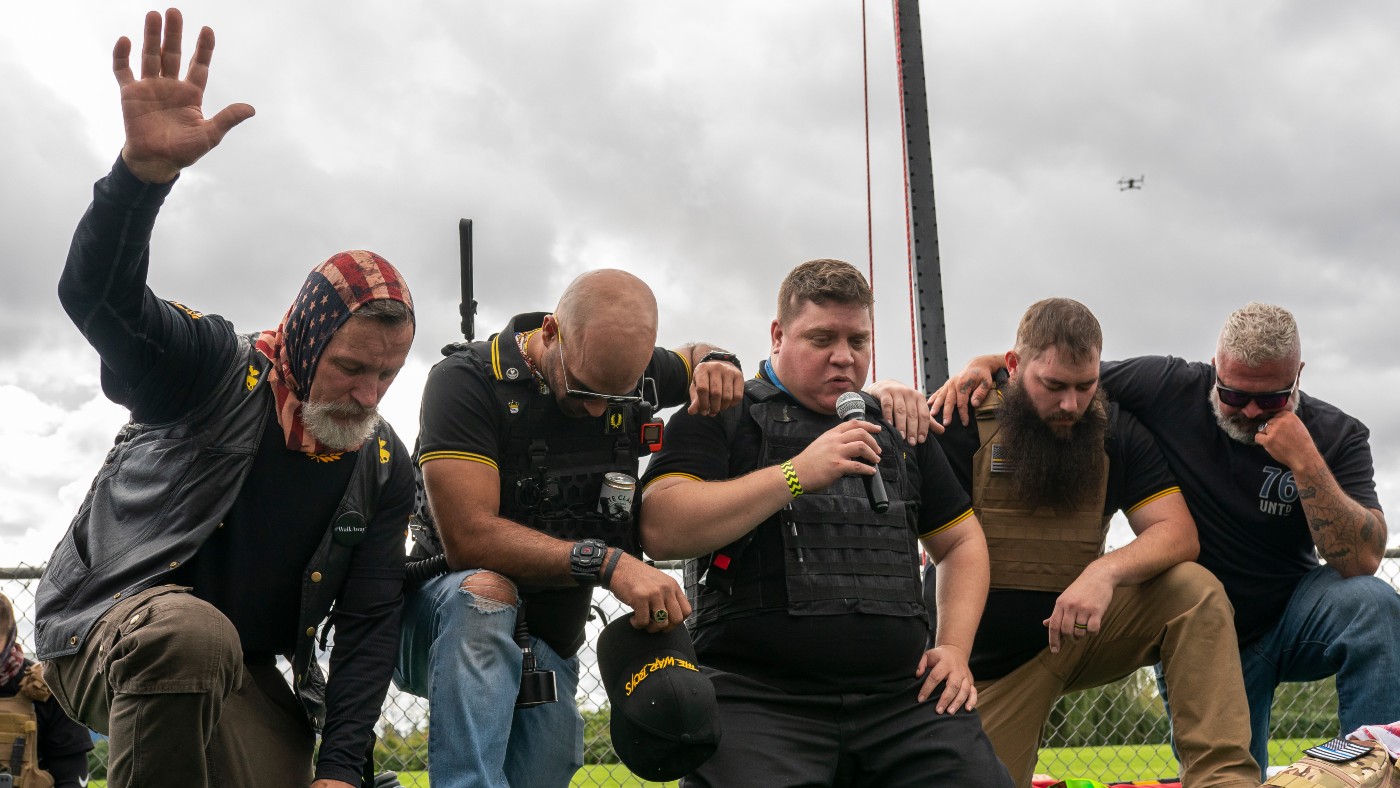
A free daily email with the biggest news stories of the day – and the best features from TheWeek.com
You are now subscribed
Your newsletter sign-up was successful
One of the most talked-about moments from the first US presidential debate between Donald Trump and Joe Biden came when the US president declined to condemn white supremacists.
Instead of disavowing violence, Trump said that a far-right group known as the Proud Boys should “stand back and standby”, adding: “Somebody’s got to do something about Antifa and the left”.
So who or what are the Proud Boys and Antifa?
The Week
Escape your echo chamber. Get the facts behind the news, plus analysis from multiple perspectives.

Sign up for The Week's Free Newsletters
From our morning news briefing to a weekly Good News Newsletter, get the best of The Week delivered directly to your inbox.
From our morning news briefing to a weekly Good News Newsletter, get the best of The Week delivered directly to your inbox.
Who are the Proud Boys?
The Proud Boys are “far-right, anti-immigrant, all-male group with a history of street violence against its left-wing opponents,” says the BBC.
To become a member of the group, prospective recruits must declare themselves to be “a Western chauvinist who refuses to apologise for creating the modern world”.
Gavin McInnes, formerly co-founder of Vice Media, established the group in 2016, though he subsequently distanced himself from it after a violent clash with Antifa saw ten members of the Proud Boys arrested, with two ultimately being sent to prison.
A free daily email with the biggest news stories of the day – and the best features from TheWeek.com
In recent months, Proud Boys members have been involved in street brawls during protests in Portland, Oregon, Seattle and New York City.
The group's name is a reference to a song that was written for, but eventually cut from, the Disney film Aladdin. It has since become the de facto anthem of the organisation.
Facebook, Instagram, Twitter and YouTube have all banned the Proud Boys.
Trump has previously “recoiled at criticising even his most extreme supporters, including white supremacists,” The New York Times says.
But it is notable that he did not take the opportunity during the first presidential debate either to denounce the Proud Boys or to “modulate his position in front of such a large audience and with a clear political need to expand his appeal beyond his base”.
Instead, Trump’s effective endorsement of the group was a dangerous move which could incite further violence, according to experts who study extremist groups.
“A green light like ‘stand back and standby’ is catastrophic,” Kathleen Belew, a historian of American white power movements, wrote on Twitter.
What is Antifa?
According to New York City-based anti-hate organisation ADL, Antifa - short for anti-fascists - is a “a loose collection of groups, networks and individuals who believe in active, aggressive opposition to far right-wing movements”. The movement has a logo showing a double flag, usually in black and red, but has no central leadership.
Al Jazeera agrees that Antifa is an “amorphous movement”, rather than “an organisation as Trump often says it is”. The movement’s members “tend to be grouped on the leftward fringes of the US political spectrum, many describing themselves as socialists, anarchists, communists or anti-capitalists”, says the news site.
Some Antifa groups date the origins of the movement to fights against European fascists in the 1920s and 1930s, the BBC reports.
Mark Bray, author of Antifa: The Anti-Fascist Handbook, says the modern American Antifa movement began in the 1980s with a group called Anti-Racist Action.
The collective came under the media spotlight following clashes between white supremacists and their opponents in Charlottesville, Virginia, in August 2017.
Al Jazeera says that “other than their opposition to right-wing ideologies, there is little binding the Antifa movement’s adherents together. Some focus on environmental causes or the rights of indigenous groups, others for the rights of LGBT activists.”
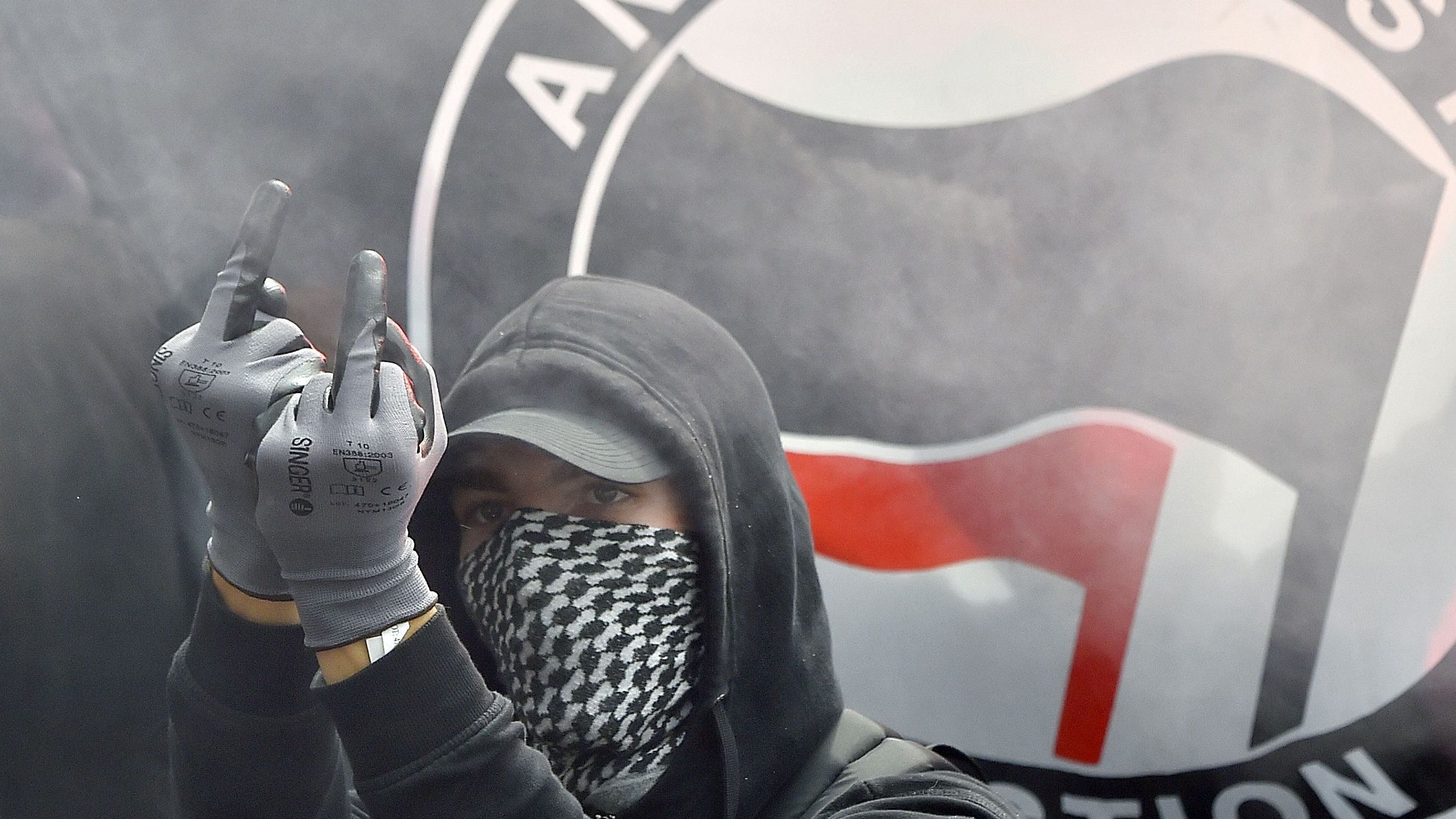
Why does Trump call them terrorists?
“Willingness to use violence marks out Antifa from many other left-wing activists”, with the movement’s followers sometimes “directly and sometimes physically confronting the far-right on the streets”, says the BBC.
This view is echoed by ADL, which says that “when Antifa show up, as they frequently do, they can increase the chances that an event may turn violent”.
Antifa activists also focus “on harassing right-wing extremists both online and in real life”, adds the anti-hate organisation.
US law enforcement officials have publicly voiced concerns about “Antifa actors and the violence that sometimes accompanies their public appearances”, Al Jazeera reports.
In November 2017, FBI director Christopher Wray told a congressional hearing that the bureau was pursuing “a number of what we would call anarchist extremist investigations, where we have properly predicated [people] who are motivated to commit violent criminal activity on kind of an Antifa ideology”.
Both the Proud Boys and Antifa are relatively small, says the BBC, with “at the most, a few thousand active supporters”. But their “propensity for violence, particularly when they confront each other on American streets, has made them a much bigger topic of conversation than those numbers suggest,” the broadcaster concludes.
-
 Political cartoons for February 20
Political cartoons for February 20Cartoons Friday’s political cartoons include just the ice, winter games, and more
-
 Sepsis ‘breakthrough’: the world’s first targeted treatment?
Sepsis ‘breakthrough’: the world’s first targeted treatment?The Explainer New drug could reverse effects of sepsis, rather than trying to treat infection with antibiotics
-
 James Van Der Beek obituary: fresh-faced Dawson’s Creek star
James Van Der Beek obituary: fresh-faced Dawson’s Creek starIn The Spotlight Van Der Beek fronted one of the most successful teen dramas of the 90s – but his Dawson fame proved a double-edged sword
-
 Maxwell pleads 5th, offers Epstein answers for pardon
Maxwell pleads 5th, offers Epstein answers for pardonSpeed Read She offered to talk only if she first received a pardon from President Donald Trump
-
 Death in Minneapolis: a shooting dividing the US
Death in Minneapolis: a shooting dividing the USIn the Spotlight Federal response to Renee Good’s shooting suggest priority is ‘vilifying Trump’s perceived enemies rather than informing the public’
-
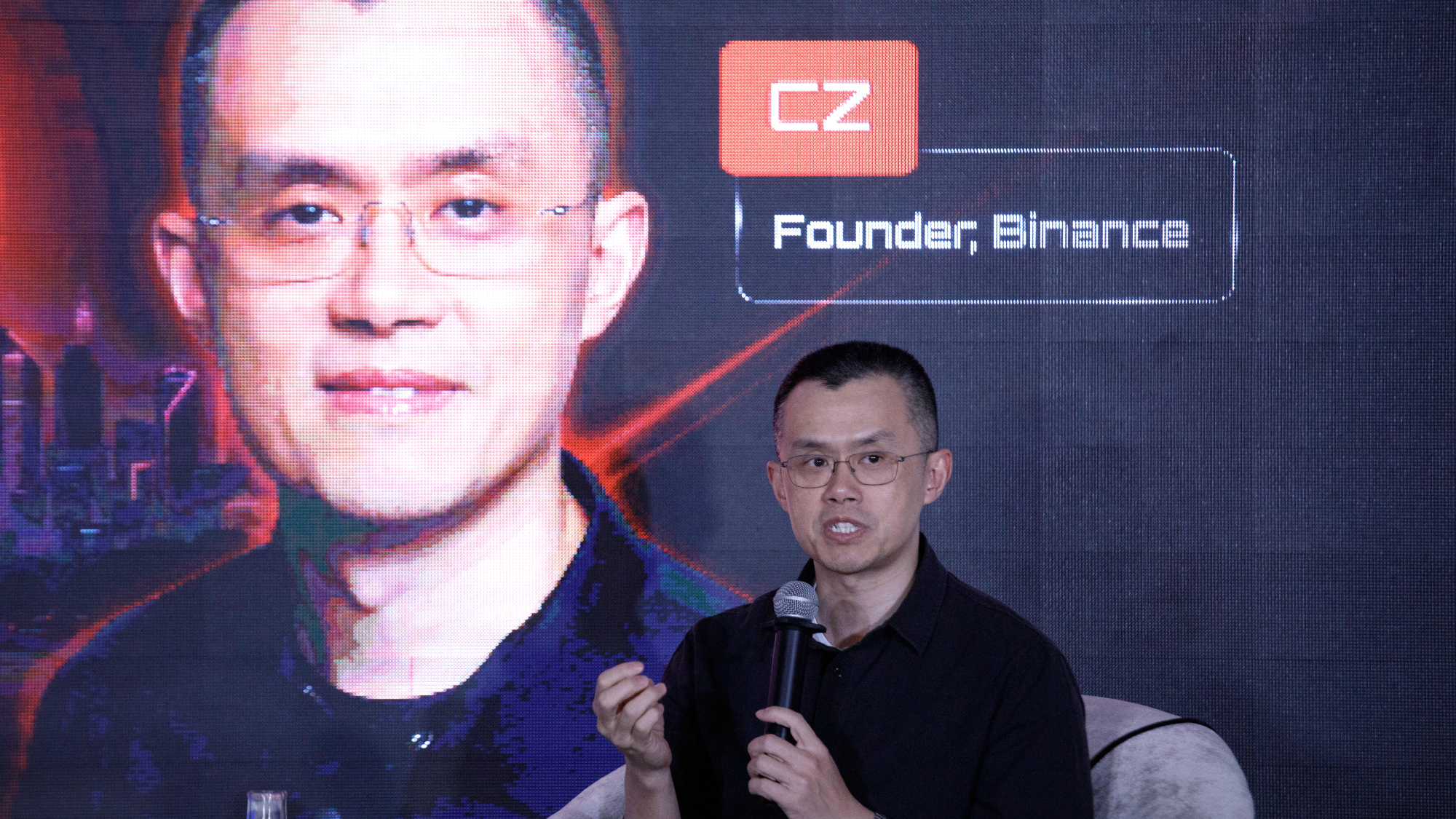 Trump pardons crypto titan who enriched family
Trump pardons crypto titan who enriched familySpeed Read Binance founder Changpeng Zhao pleaded guilty in 2023 to enabling money laundering while CEO of the cryptocurrency exchange
-
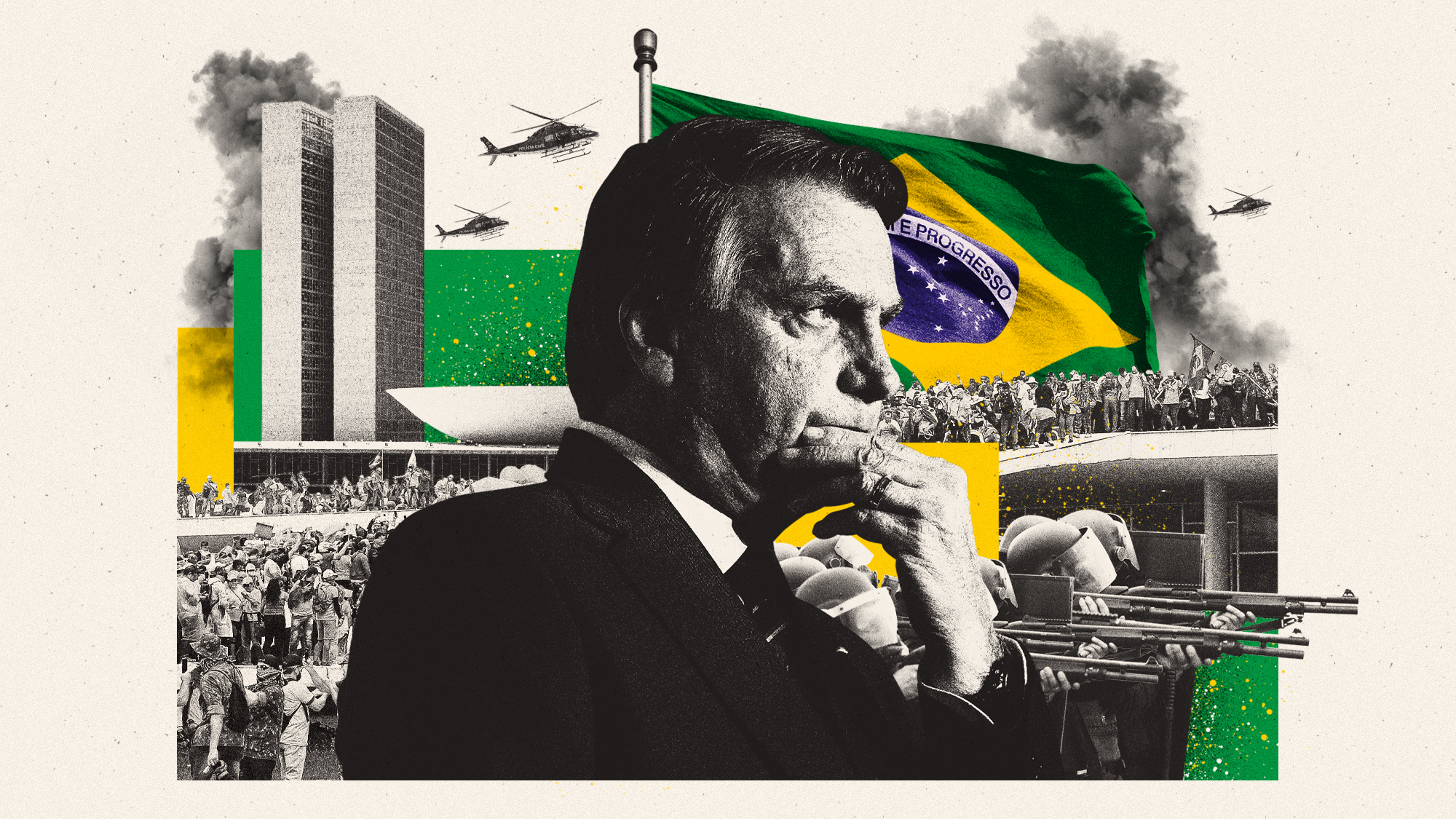 The trial of Jair Bolsonaro, the 'Trump of the tropics'
The trial of Jair Bolsonaro, the 'Trump of the tropics'The Explainer Brazil's former president will likely be found guilty of attempting military coup, despite US pressure and Trump allegiance
-
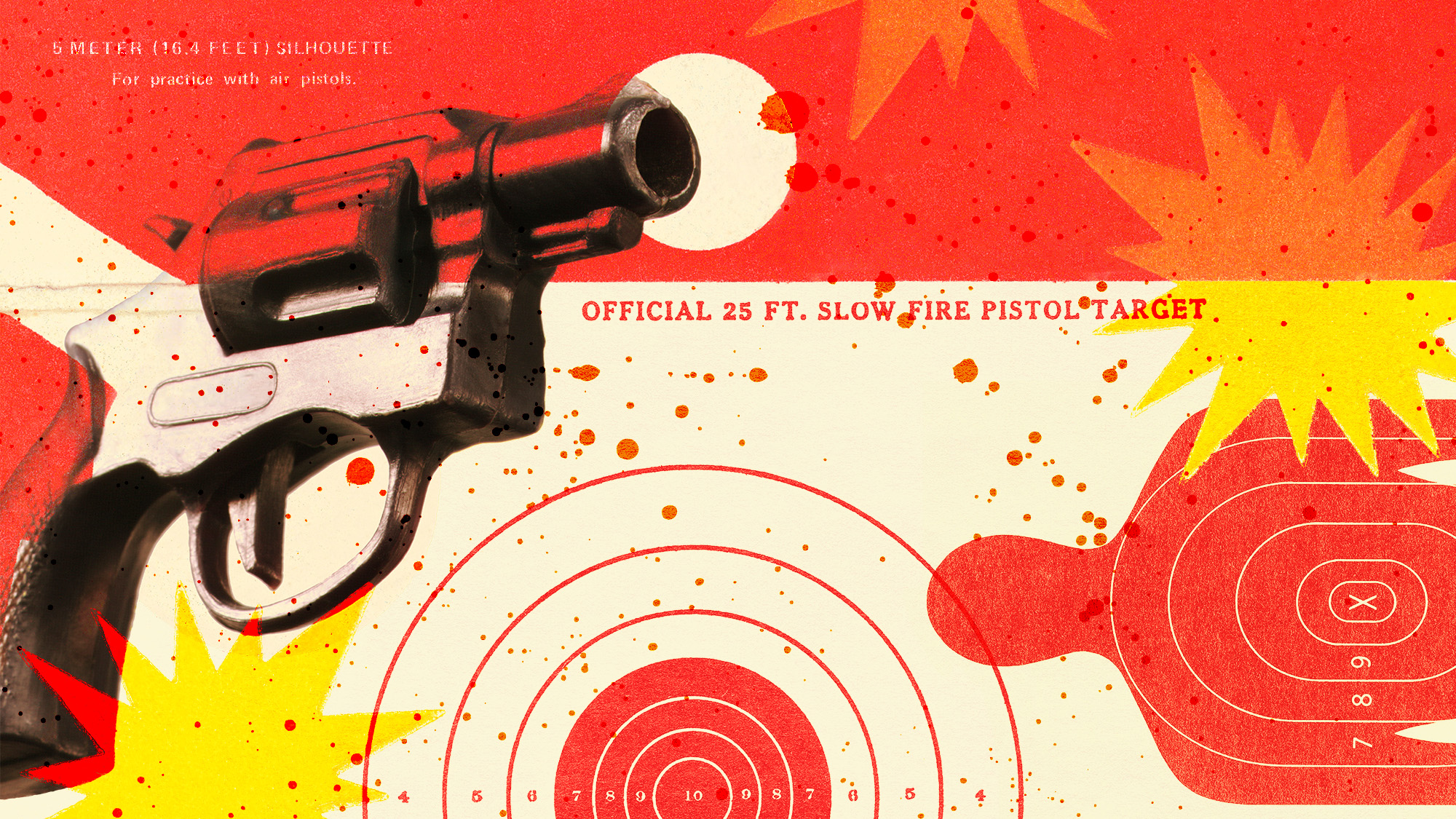 Trump lambasts crime, but his administration is cutting gun violence prevention
Trump lambasts crime, but his administration is cutting gun violence preventionThe Explainer The DOJ has canceled at least $500 million in public safety grants
-
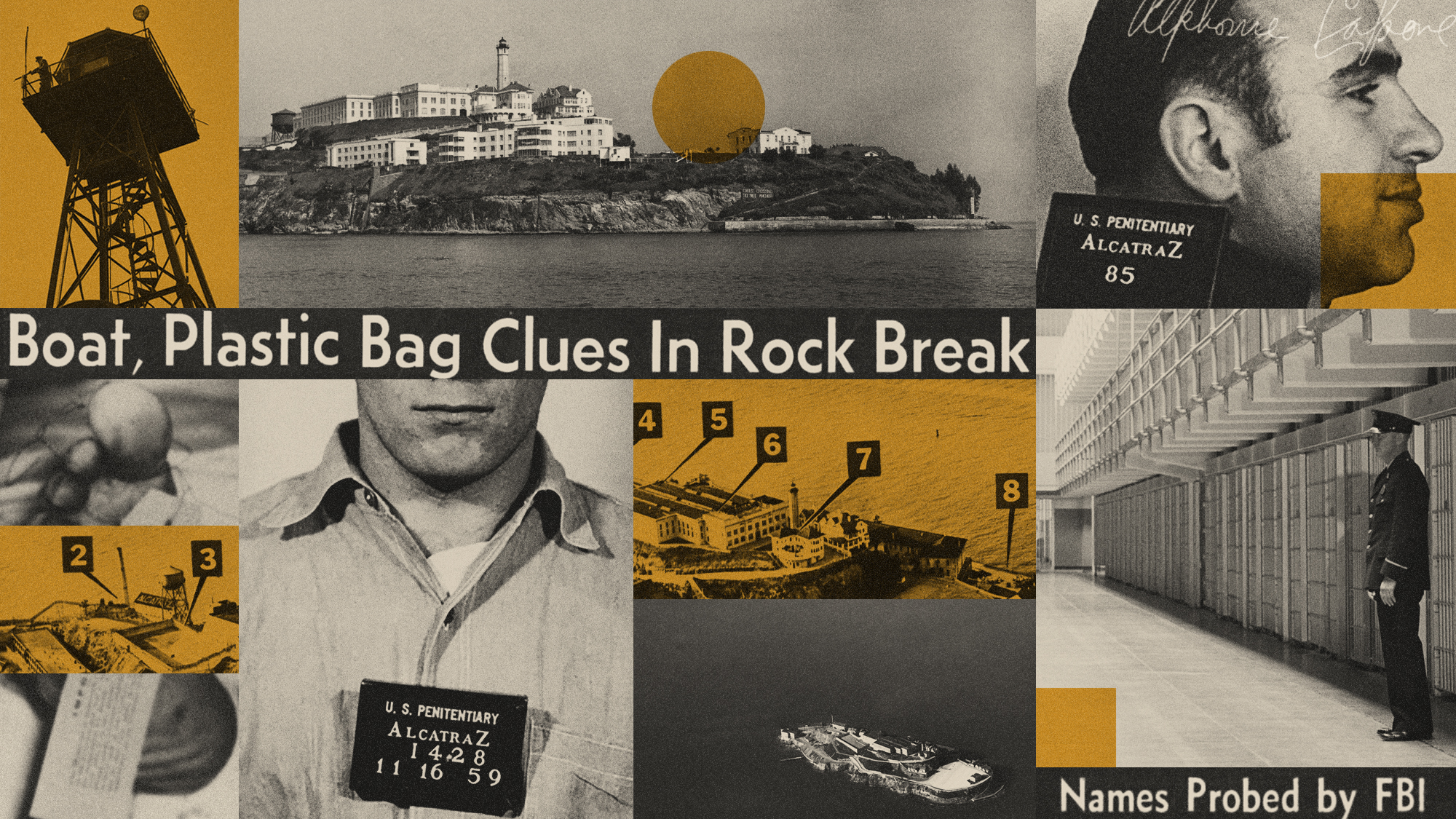 Alcatraz: America's most infamous prison
Alcatraz: America's most infamous prisonThe Explainer Donald Trump wants to re-open notorious 'escape-proof' jail for 'most ruthless and violent prisoners' in the US
-
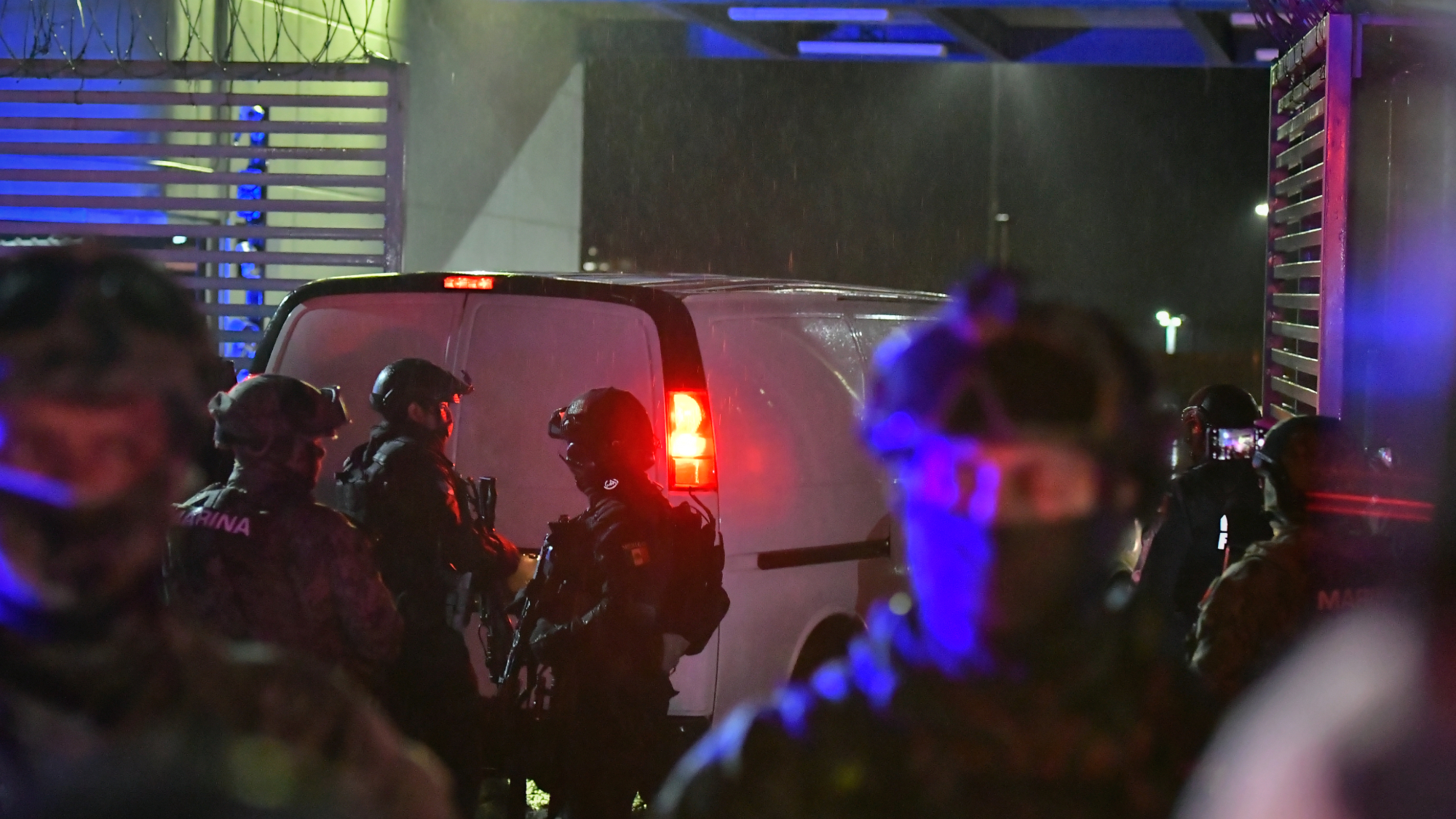 Mexico extradites 29 cartel figures amid US tariff threat
Mexico extradites 29 cartel figures amid US tariff threatSpeed Read The extradited suspects include Rafael Caro Quintero, long sought after killing a US narcotics agent
-
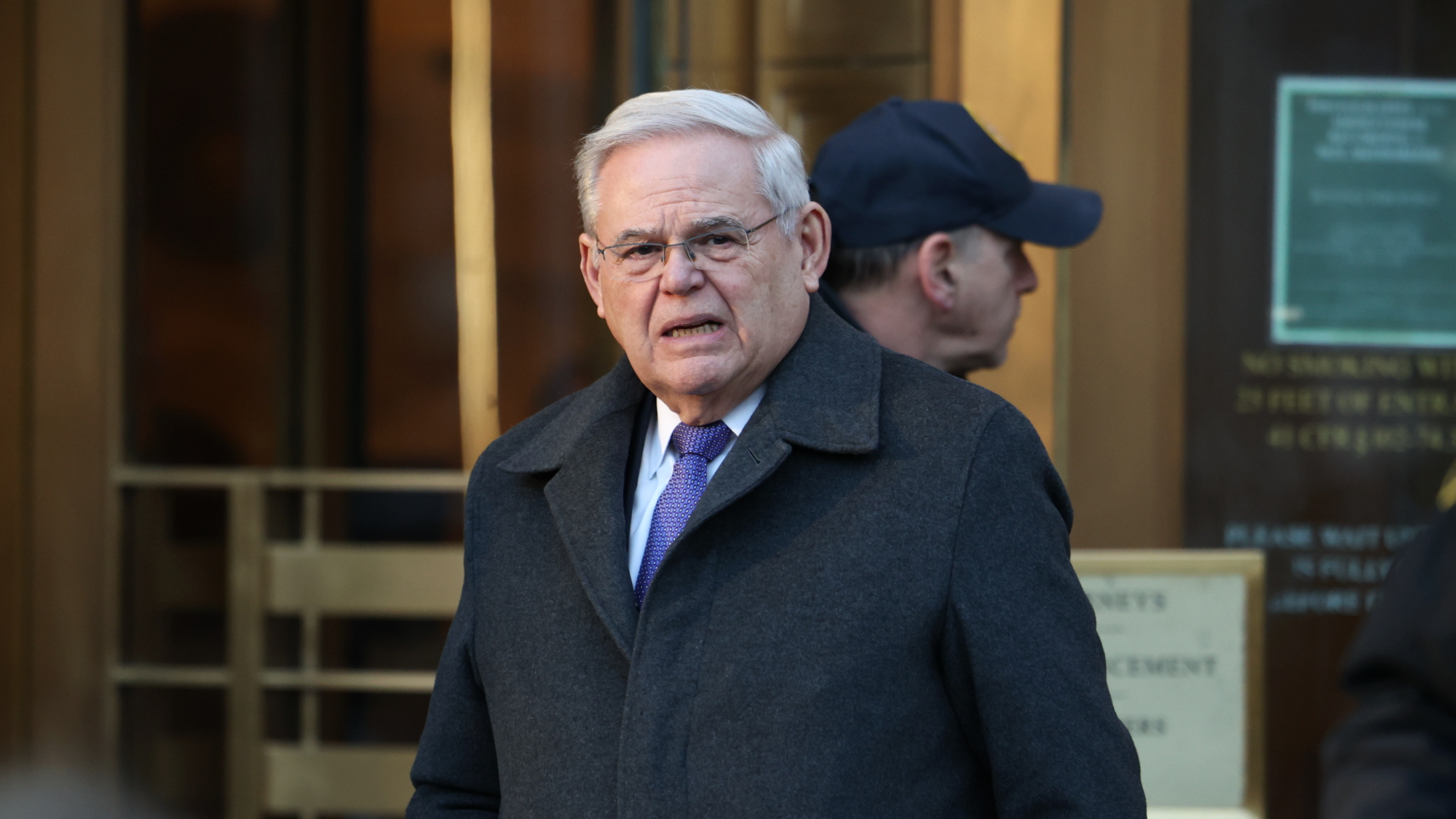 Ex-Sen. Bob Menendez sentenced to 11 years
Ex-Sen. Bob Menendez sentenced to 11 yearsSpeed Read The former New Jersey senator was convicted on federal bribery and corruption charges last year